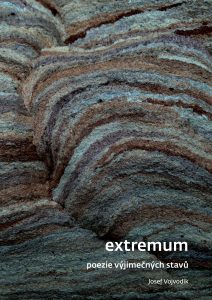
Josef Vojvodík
Josef Vojvodík deals in this book with poems written in exceptional states and under exceptional circumstances: in totalitarian state prisons or as a reflection of the prison experience (Konečný, Kostohryz, Renč), in psychiatric hospitals (in the case of clinical psychologist Zbyněk Havlíček), and in exile (Diviš). From the very onset, however, the author emphasizes that poetry itself is an ‘exceptional state’, a notion that goes all the way back to Greek antiquity, where it was related to states of rapture and enthrallment beyond the realm of reason. Drawing on the ideas of George Simmel and Giorgio Agamben, Vojvodík develops the idea of poetry as a specific form of ‘adventure’. Over nine chapters, the author conceptualizes and interprets various forms and representations of poetic ‘adventures’, drawing on the Romantic tradition (Carl Schmitt’s notion of ‘political romance’ and theory of the ‘state of exception’) and working through the Romantic poetics of the (fatal) sudden moment in the case of Mácha’s Máj. Mácha’s figure of the prisoner, in Vojvodík’s analysis, represents a paradigm of poetic existence.
